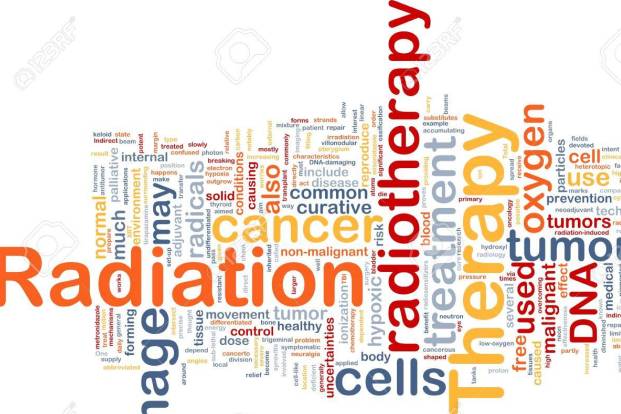Major Radiation Therapy Side-effects
Apr 19, 2022
Radiation therapy along with killing cancer cells also kills healthy cells thus leading to side effects.Side effects can be both physical and emotional.They can vary primarily depending on the type of cancer and stage, and the treatment.

Some of these side effects go away quickly while others can persist for weeks, months or in some cases for years.Everyone ‘s body is different and thus reaction to treatment and recovery is different for everybody.
Common side effects
• Fatigue – Fatigue, or feeling excessively tired and lacking energy for daily activities, is a common physical side effect of cancer and its treatment. It is totally different from tiredness which is a temporary state, as it doesn’t always go away with rest or sleep.It can be managed by setting small manageable goals, taking it slow, exercising regularly, taking time to relax, stopping smoking, eating nutritious food and seeking help if fatigue is caused by depression.
• Pain – Cancer treatment may damage nerves and cause pain and numbness in certain areas of your body. Pain-killing drugs or analgesics are widely used to relieve pain caused by cancer. A physiotherapist can help to improve muscle strength and increase your ability to function, which may help relieve pain.
• Memory and thinking changes – Many cancer survivors can have difficulty concentrating, focusing and remembering things. This is called psychological impairment cancer or cancer fog. These issues typically improve with time, although for some people it may take a year or more to see improvements. It can improve with good sleep, doing tiny puzzles, planning activities which require more concentration and doing tasks one at a time and not multi-tasking.
• Changed body image – Treatment for cancer can bring changes to how your body looks. These include changes to your appearance or body form, hair loss, speech difficulties, ways of eating and drinking, shortness of breath, weight loss orgain, bowel or bladder changes, changes to your sex life and intimacy, early menopause or infertility.
It takes time to adjust to these changes physically and emotionally. It can improve by adjusting to changes in appearance and acknowledging your feelings.









